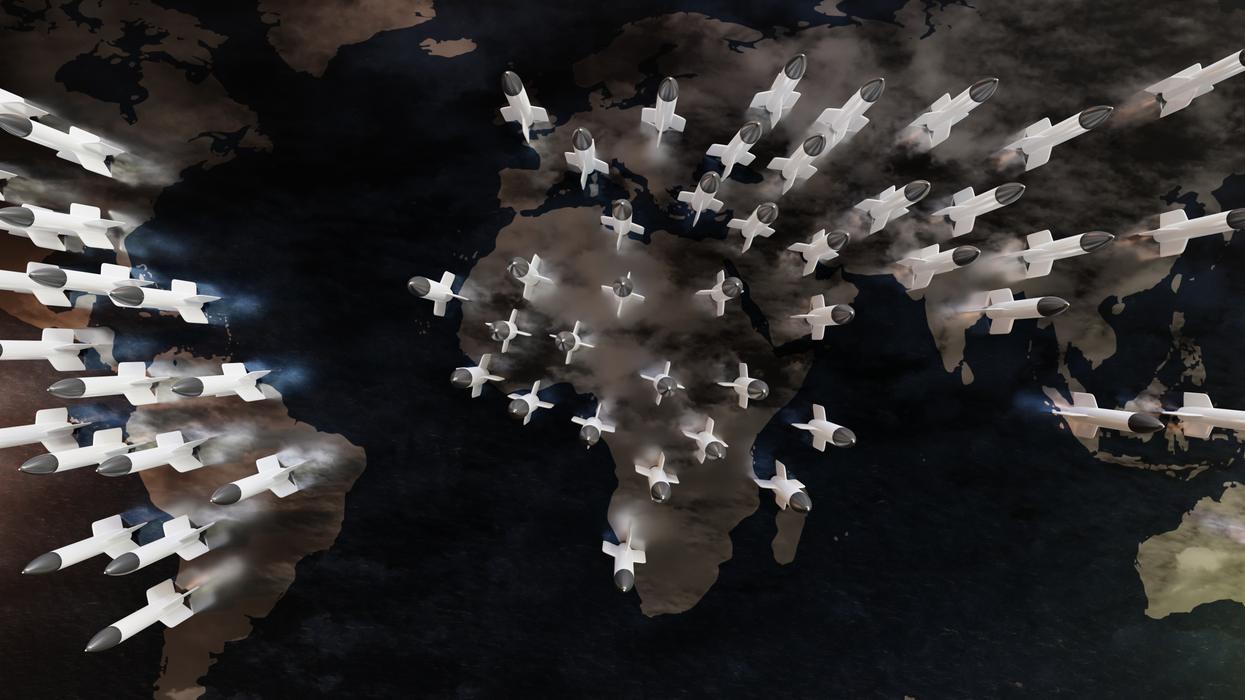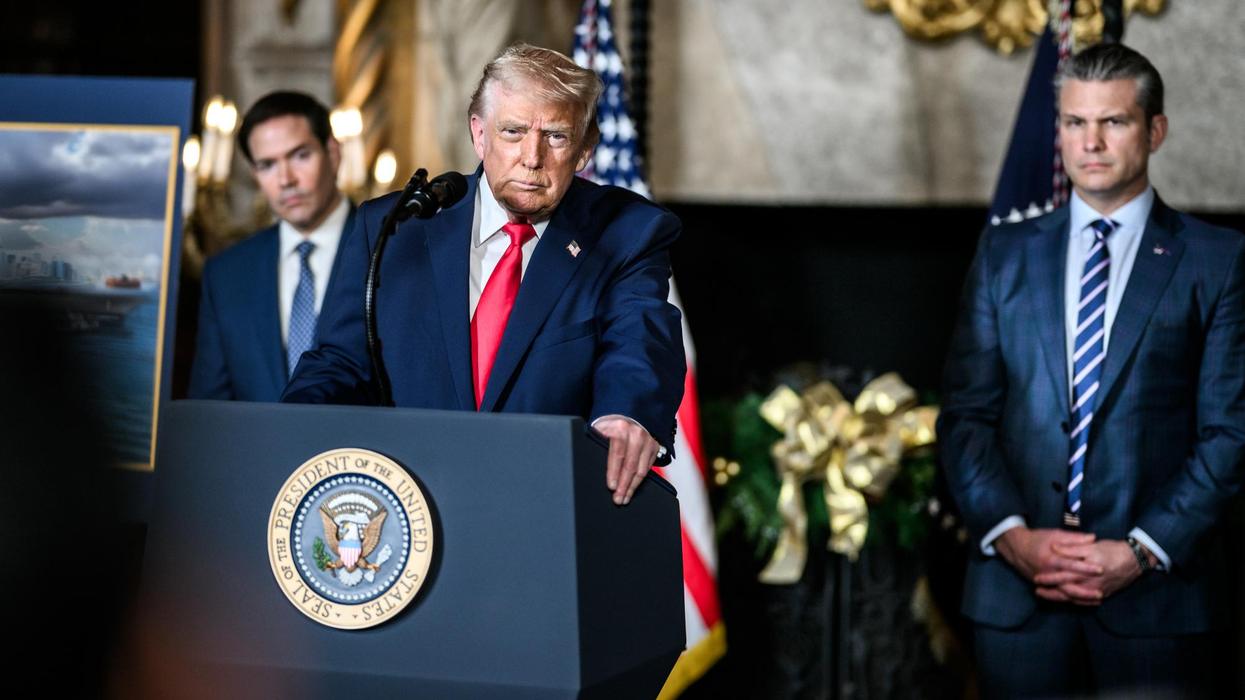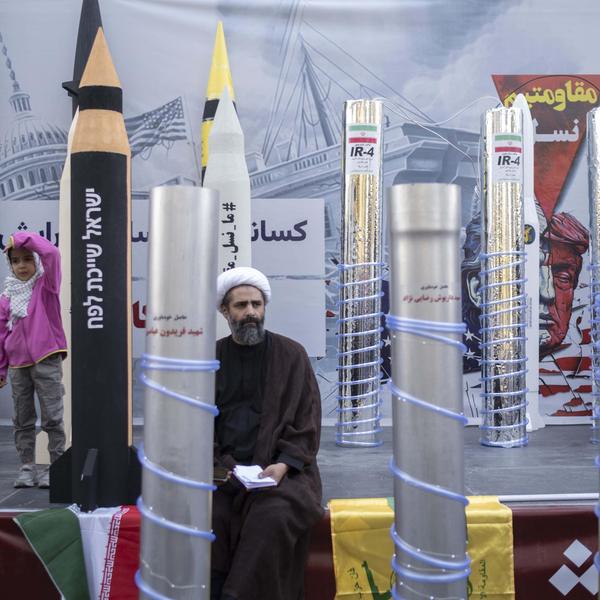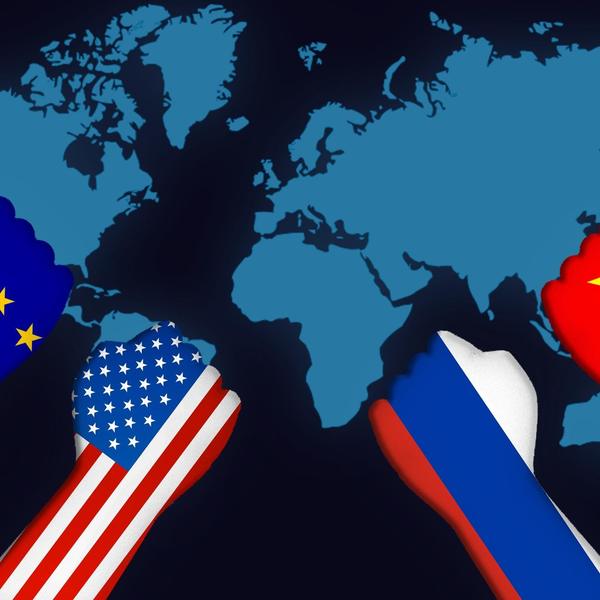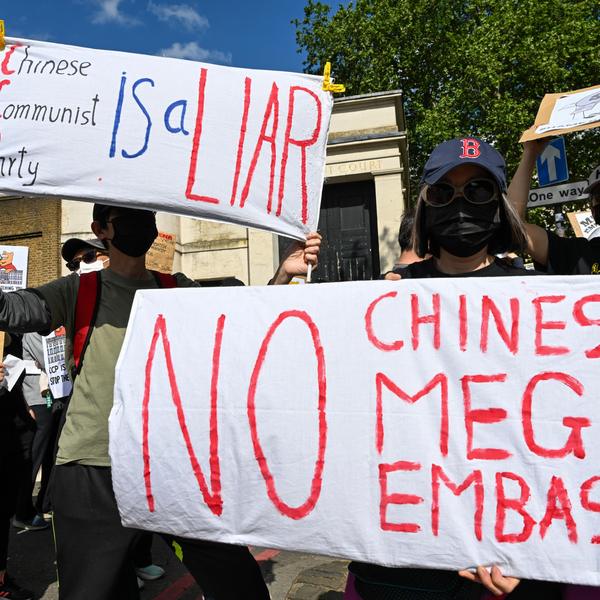It is the time of the year in Micronesia for the annual “Operation Christmas Drop.”
It was in the spirit of Christmas-giving that OCD began over half a century ago. Andersen Air Force Base (Guam) is now the basecamp for a range of U.S. military interservice, community/volunteer-supported, regional allies and partners events that delivers mostly school supplies, clothing, rice, fishing equipment, and toys. OCD is estimated to impact 20,000 people in the Federated States of Micronesia and Palau.
For a host of reasons, Operation Christmas Drop has become window-dressing for a romanticized, fossilized view of U.S. assistance and Pacific islanders. This high-profile media event masks nearly a century of U.S. under-development in Micronesia. Against the backdrop of the FSM and Palau being heavily indebted and dependent on U.S. funds and identified as relationships the U.S. has taken for granted, it is possible that the Grinch is propping up this Christmas event.
It is the U.S. under-development of the region (OCD notwithstanding) that contributes to the welcoming that Chinese economic investment has received. Although Chinese development debt trap diplomacy in the region has been flagged as a concern by some, in Micronesia, there is a continuum of underdevelopment and dependency overseen by the U.S.
It is not unusual for countries to create and tell stories about themselves. Great powers spin self-promoting projections and try to shape how the world works. In this narrative frame, OCD is a “heritage of generosity” to help out “remote islands” and is the “longest-running humanitarian airlift in the world.” The narrative gaps in this story, however, are glaring.
In the 50 years that have passed since the first Christmas drop, much has changed in the islands. From a logistics standpoint, some islands that receive a Christmas drop have something they did not have a half century ago— regular cargo service. In some cases, such as Koror, in the Republic of Palau, Santa’s parachute drop zone even has scheduled international air service. Today, the idea of the Christmas drop may be larger than the material benefit that accrues to these island locations.
The FSM and Palau are approaching 40 years of a freely associated state (FAS) status, a relationship the U.S. legally regards as “special” and “highly privileged.” The basic parameters of this relationship have been (1) an arguably subsistence level of U.S. financial support for the FAS in exchange for (2) U.S. military access and rights of strategic denial in the FAS. The U.S. has what it seeks in the relationship, but this has not been a balanced equation. Over three decades as part of the “Trust Territory of the Pacific Islands” overseen by the United States under the United Nations yielded little in the way of development. Four decades as “Freely Associated States” has rendered little more in the way of sustainable economic activity.
Stimulating and supporting local economic development in Micronesia does not seem to have ever been a U.S. goal in its special relationship with the region. If it was, it has been a dismal failure. Not surprisingly then, built into the relationship with the U.S. is the “safety valve” of an open border to the U.S. for Micronesians who find little opportunity at home. For FAS citizens, the real benefits of the relationship only seem to gain fruition when they leave their homelands to find work, education, and the benefits of U.S. social welfare programs in the United States.
By any objective telling of this Christmas story, delivering “humanitarian” aid to a people whom you have had a special relationship with for almost three-quarters of a century would be prima facia evidence of failure. But in the OCD version of the story, Santa is real as “children scan the skies not for a sleigh, but for a U.S. Air Force plane.” It is the gap between the story that the hegemon tells itself and the ground truth that makes the OCD story increasingly unbelievable.
A growing recognition that the Santa story is something of a fable is poignant this Christmas. After two U.S.-led Pacific Island Summit in two years, promises of aid and regional reengagement, and renegotiations of the Compacts of Free Association (COFA), the U.S. has not delivered. At the recent Pacific Island Forum meeting, the head of the U.S. delegation “pledged to work with Congress to provide over $8 billion in new funding and programs for the Pacific.”
Never mind that the U.S. had not delivered the prior year pledges, or that over $7 billion of the new funding was for the COFA economic packages. Yet, even these subsistence COFA economic packages have not yet been approved, leading to the FSM saying they face a “fiscal cliff.” Increasingly agitated parties in Washington are heralding that the loss of COFA funding would present an opportunity for the CCP to expand its economic influence. Even efforts to prioritize new funding for the COFA states in the U.S. National Defense Authorization Act failed in late November, setting up a less than festive spirit in the islands as they head into Christmas.
Finding out about Santa
“Yes Virginia, there is a Santa Claus” was an 1897 editorial response in the New York paper The Sun to 8-year-old Virginia O’Hanlon’s question about the existence of Santa. The author leaned heavily into the spirit of Christmas faith to assert that it was the idea of Santa that made him real.
This is the Santa story that has been told to Micronesia. Uncle Sam-as-Santa gets a timely rendition each year as OCD presents fall from the sky. The Santa story is tricky for nations that fancy themselves as Santa himself. What is clear this Christmas in Micronesia is that as much as we celebrate the season with another Christmas Drop — whose presents are no doubt appreciated by the recipients — antiquated fables are not a substitute for good policy and execution.
Put simply, the Christmas Drop, as good as it may feel, is not a substitute for a failed U.S. economic policy in the region. Sadly, even the anticipated renewal of the COFA economic packages sometime in 2024 will not change the condition of underdevelopment in Micronesia. There is no realistic plan for regional development. While some in Washington decry expanding Chinese economic influence in Micronesia, few understand that it is U.S. policy that has created the hospitable environment for Chinese effect.
Setting a low bar for yourself—that you clear with fables—works only as long as everyone believes your story and is happy with it.
The U.S. relationship in the Pacific region in general — and the COFA states in particular — have outgrown the Santa narrative. And the region is watching. It is not yet clear that Washington understands this. Most Pacific Island states, of course, will be grateful for any new levels of U.S. funding. That does not make them believers in Santa. It also does not mean that they will shun support from other interested parties.
So as Santa makes his “humanitarian assistance” rounds this year amongst the Pacific Islands that have a closer affinity than any other to the U.S., it will be more than just the FAS that are looking to what is actually delivered after December 25.
Tis the Season?


